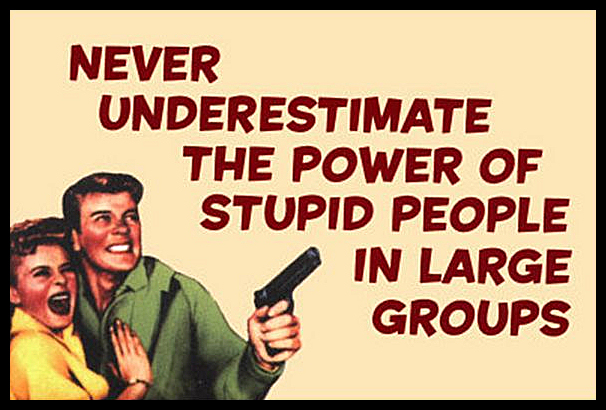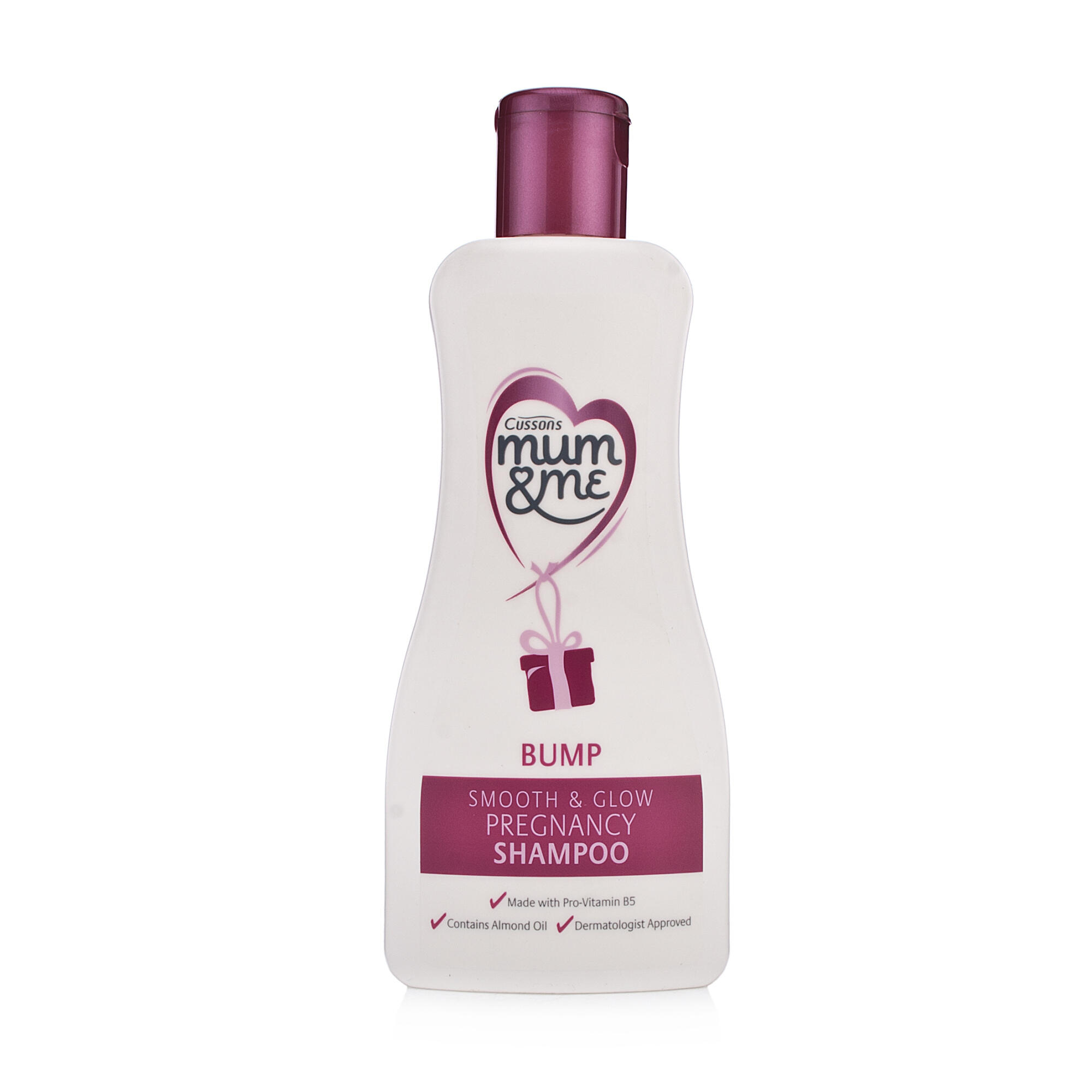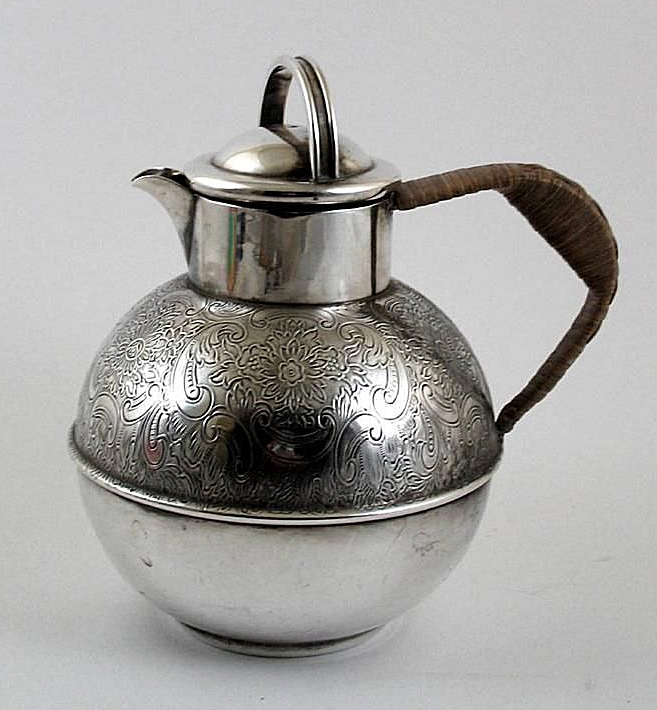Yesterday I posted a photo of a Denbrobium orchid, and in the past I’ve posted images of Phalaenopsis orchids. Yesterday I also made the comment that orchids are very easy to get back into flower, but realised afterwards that most people aren’t going to have a clue how to do this. So instead of throwing out that beautiful orchid once it has finished flowering, this is what you do …
Phalaenopsis orchids, which is most of what are in the shops, are actually surprisingly easy if you do a few simple things. You will also sometimes find Dendrobiums and in my experience they can be treated in much the same way. (There are many other species of orchid but these are the ones you will normally find on general sale, eg. in supermarkets, in the UK.)

Phalaenopsis orchid
Orchids are epiphytes which grow in trees using their roots only to hold them lightly in place and to pick up water. They will also grow extra aerial roots to absorb any moisture in the air; these roots should not be buried in the compost. Good roots are essential for flowering.
Make sure your orchid is potted in bark chippings and NOT in soil or moss. Orchids must not stand in water or be waterlogged; their roots have to be free-draining. If your orchid is planted in anything other than bark chippings, get some orchid compost (which is basically bark chips) and repot it. Being waterlogged is the quickest way to kill an orchid.

Dendrobium orchid
You’ll notice that most orchids are planted in transparent or translucent plastic pots. This is because their roots like light just as the leaves do. If possible keep the orchid in a light place and in a clear container.
Do not put your orchid in bright sunlight as this is likely to scorch the leaves. They are plants which grow in amongst the branches of trees so although they need good light they would only naturally get dappled sun.
Orchids also need to be warm (20-25°C) most of the time. Avoid putting them somewhere where the temperature fluctuates a lot and keep them out of draughts. However a few weeks of slightly cooler temperatures (maybe down to 15°C at night) and reduced watering forces them to rest and is almost essential to get them to come back into flower.
 It is a good idea to get some orchid feed. There is a “Baby Bio” orchid feed in a pink bottle; it is easily available — many supermarkets sell it — and is probably as good as anything specialist. A bottle will last a long time.
It is a good idea to get some orchid feed. There is a “Baby Bio” orchid feed in a pink bottle; it is easily available — many supermarkets sell it — and is probably as good as anything specialist. A bottle will last a long time.Now about watering. Your orchid needs watering once a week but it must NOT stand in water all the time. Each week put your orchid (in its plastic pot) in a bowl and fill it with water almost up to the level of the compost. If you have orchid feed add a small squirt of this to the water (read the directions on the bottle) although this should not be done every time they are watered. Let the orchid soak for an hour or two (but no more). Then take it out, put it back in its outer container and return it to its normal place.
Watering time is also a good opportunity to give the plant the once over. Remove any dead/dying leaves, dead flower spikes and dry shrivelled roots with a pair of sharp scissors. Try to make sure the leaves are clean and dust free. Keep an eye out for pests like scale insects — if you spot them I’ve found that unfortunately the only reliable way to get rid of them is with a houseplant insecticide spray.
When your orchid has finished flowering — hopefully after many weeks as the flowers can last 6 weeks or more — remove the dead flowers and cut off the flower stem of Phalaenopsis (with Dendrobiums you should only remove the flowering stem when it dies and withers). Keep the cane which was supporting the flower and any clips or ties. If it needs it this is a good time to repot your orchid.

Another of my Phalaenopsis orchids
Don’t worry if your orchid isn’t growing lots of new leaves. Phalaenopsis grow very slowly, usually only one or two new leaves a year. Dendrobiums will throw up new stems quite easily; these may need staking and they should eventually flower.
Your orchid will flower again but normally it needs those few cool nights to trigger this. As the spike grows you should stake it (that’s why you kept the old stake and clips). Although the stems themselves are quite robust, they do tend to fall over with the final weight of the flowers and it is easier to keep stems upright if they are staked early and trained upwards.
Then just sit back and enjoy the wonderful flowers!


 I thought I’d give my crystal ball a dust off and see if I could come up with a few ideas as to what might happen over the course of this brand new 2015.
I thought I’d give my crystal ball a dust off and see if I could come up with a few ideas as to what might happen over the course of this brand new 2015.


 About 11.30 we sat down with an extra large G&T (Noreen had a similarly large Bacardi & Coke) and opened our main presents. As always there was a fair amount of alcohol and quite a few books. But we always manage to find each other something unusual: this year I got Noreen a Jersey milk/cream jug — silver plate, pre-WWII and probably made for the tourist market, but a nice thing nonetheless.
About 11.30 we sat down with an extra large G&T (Noreen had a similarly large Bacardi & Coke) and opened our main presents. As always there was a fair amount of alcohol and quite a few books. But we always manage to find each other something unusual: this year I got Noreen a Jersey milk/cream jug — silver plate, pre-WWII and probably made for the tourist market, but a nice thing nonetheless.